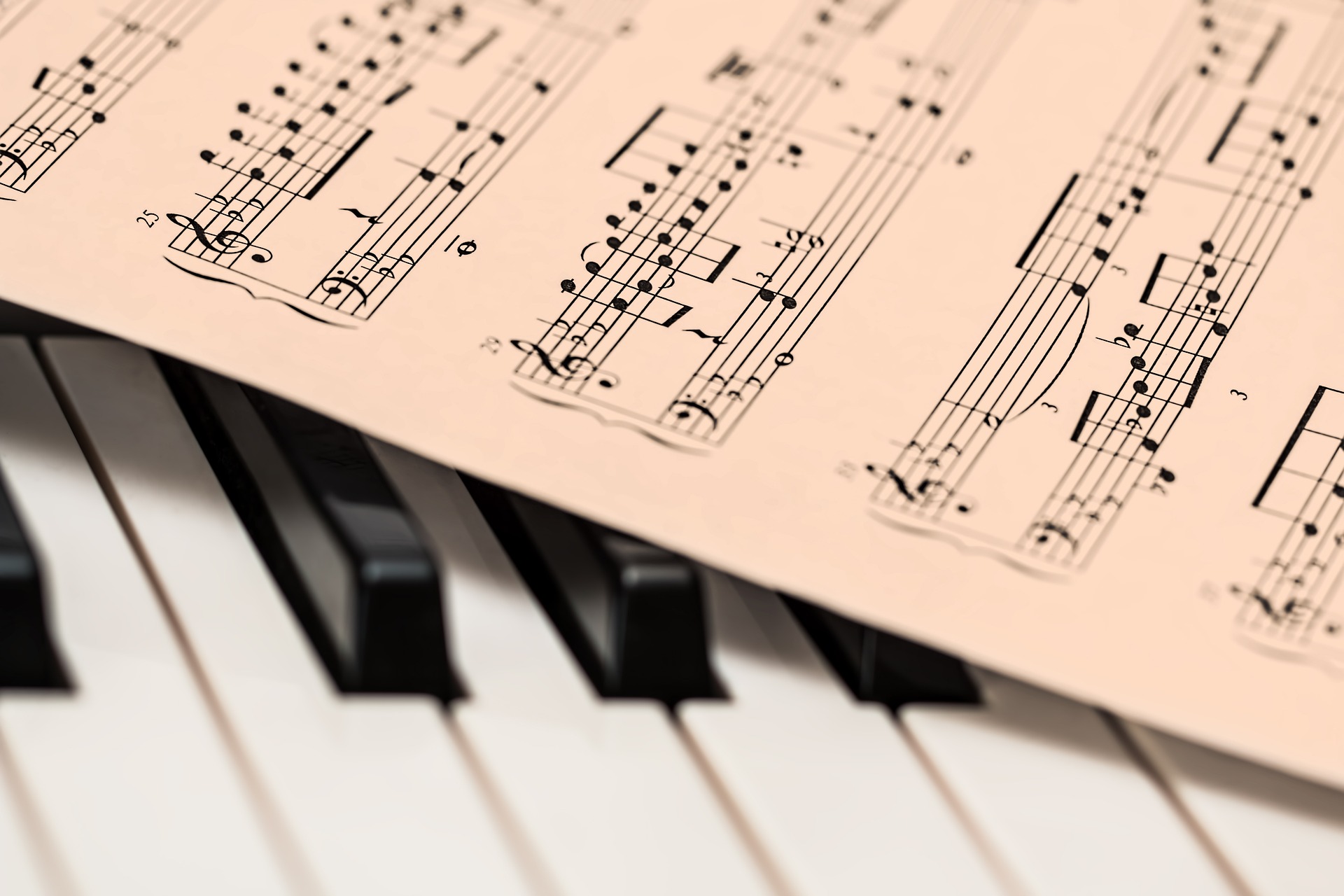The creative arts have a universal appeal that makes us feel good, provides meaning, encourages thought, and brings us together. Among these, music has a human impact across cultures. It has the unique potential to inspire personal and societal change.
Every year on June 21, World Music Day takes place to recognize and promote music as a universal language and to bring together people of various ethnicities, cultures, and races. The day, also known as Fête de la Musique, originated in France in 1982 and has since gained popularity worldwide. It is dedicated to honoring music, an art form that influences everyone’s lives.
Music is wired into our brains, which is likely one of the reasons for its universality. Studies show that the pentatonic scale, present in all cultures, serves to coordinate communication between babies and mothers. This scale is frequently used in traditional music worldwide. Many scientists believe that our brains are naturally suited to this scale. A pentatonic scale has five notes per octave, whereas heptatonic scales have seven notes per octave (such as the major and minor scales). The opening two phrases of Stephen Foster’s “Oh! Susanna” tune use the major pentatonic scale.
Researchers discovered that we are drawn to particular intervals of notes (two notes played simultaneously or in succession) because they mimic speech. For example, the minor third appears to communicate grief. Studies show that this same interval occurs as melancholy in human verbal communication. If the minor third always evokes sorrow, it not only reveals how our brains are structured but also reinforces the premise that music causes us to feel specific emotions.
Music is the most extensively researched type of art therapy; it can even help general thought processes at times of intense sorrow, anxiety, depression, trauma, psychosis, and stress. Music and its reverberation in the body have the potential to heal in ways that words cannot. It relieves pain and improves the symptoms of stroke and dementia. Music can transcend the rational mind and reach higher levels of consciousness. Lyric interpretation, improvisational music playing, active listening, and songwriting comprise all important components of music therapy. In a hectic world where mental health issues are on the rise, it’s reassuring to know that there’s a time-tested, low-cost medicine that may calm the soul, mend a broken heart, and improve both physical and emotional health. That medication is music.
According to a Finnish study, when we listen to or create music, we don’t only take in the sound through our ears; our entire brain takes part. The study found that music activates the motor cortex of the brain, which gets our toes tapping and our bodies swaying; activates the emotional center of the brain, which lifts our spirits and stimulates the part of the brain that allows the mind to wander, daydream, and be creative.
Music helps children, teenagers, and young adults grow in favorable ways. Children of all ages require opportunities for self-expression and community involvement. In addition to improving learning, teens regard music as a vital part of their growth and development. It represents who they are, capturing both their individual and group identities. Whether it’s rap, hip-hop, heavy metal, pop, country, or bluegrass, music is a significant component of their evolution. It also enhances the ability to learn a variety of languages. My personal experience has shown that even children as young as three or four months old respond to music, often eating more easily when music is playing.
Music extends beyond the individual, playing a crucial role in society and driving social change. It often holds the power to transform both ourselves and the world. It transcends words and language, providing an ideal medium for feeling, healing, and touching our souls. It is a powerful tool for improving our mood and connecting with others. Listening to preferred music always provides comfort and joy.
Classical music, in particular, has a significant role in eliciting memories, which is especially beneficial for people suffering from memory disorders such as Alzheimer’s. Many people contend that listening to music helps them focus and perform their tasks more efficiently. Furthermore, music can inspire us to master new skills and accept new experiences.
“Where language fails to find words, music begins.” Research has revealed that listening to music releases three powerful chemicals in our body: dopamine, serotonin, and oxytocin. Dopamine provides feelings of reward and motivation. Serotonin helps regulate emotions, and oxytocin, known as the ‘love’ hormone, fosters feelings of pleasure, enthusiasm, and connection.
When anxiety, fear, or panic attacks strike, music can be a soothing alleviation for our nervous system, reducing stress hormones like cortisol. It has been shown to lower blood pressure, enhance sleep quality, and ease both physical and emotional pain by releasing endorphins, the body’s natural feel-good chemicals. Furthermore, research indicates that background music can sharpen focus and problem-solving skills, particularly for those with ADHD. Consider music a tool for ultimate self-care—moments of tender compassion that invite self-reflection and reconnection.
Nowadays, music is present in various places, such as gyms, aerobics classes, yoga and meditation centers, beauty salons, cafeterias, clinics, and even while traveling. Some corporate offices also play music to boost employee efficiency. Loud music in gyms energizes people during their workouts. In this way, music connects with places, and people connect with themselves. While traveling, music makes the distance seem shorter and the journey more enjoyable.
Listening to gentle sounds like ‘OM’ or ‘Hum’ has been proven to enhance concentration by diverting the mind from stressful thoughts and boosting positive energy. Throughout history, music has played a crucial role in spiritual practices, deeply intertwined with meditation. It has the profound ability to connect the inner soul with the supreme soul, significantly enhancing positivity and overall quality of life. Music uplifts emotions, evoking feelings of joy, and is increasingly recognized as a therapeutic form of expression.
Neuroscientists, psychologists, and psychiatrists have discovered that during periods of depression, grief, or trauma; finding enthusiasm can be challenging. However, playing music activates our brain’s pleasure center, triggering the release of dopamine—the “feel-good” hormone. An intriguing study found that simply anticipating or recalling a specific song can elevate dopamine levels. Even after the music stops, these elevated levels can persist for up to fifteen minutes, prolonging feelings of happiness.
I’ve found that music also alleviates symptoms when I suffer from acidity or other stomach-related issues. Songs associated with Powerful memories can activate the nucleus accumbens, commonly known as the brain’s pleasure center. Furthermore, relaxing music reduces cortisol production, lowering stress levels and decreasing heart rate and blood pressure.
In nutshell I opt to say that – “Through my heart, I cannot reach them; through my song, I touch their feet.” The power of music has been a profound force throughout human history. It transcends mere sounds; it embodies emotion, identity, and shared experience. Across centuries, music has acted as a medium that unites diverse cultures, exerting an unparalleled influence on human behavior and emotions.
In every culture worldwide, music holds a special place among humans—and even among other animals—and it uniquely impacts us in characteristic ways.
“Music is a timeless language, inseparable from its expression across countries, eras, and characters.”
Photo Credit: Pixabay
MCA
Professional Web Developer
Guwahati, Assam.
Email: mrdinfotechnology@gmail.com

